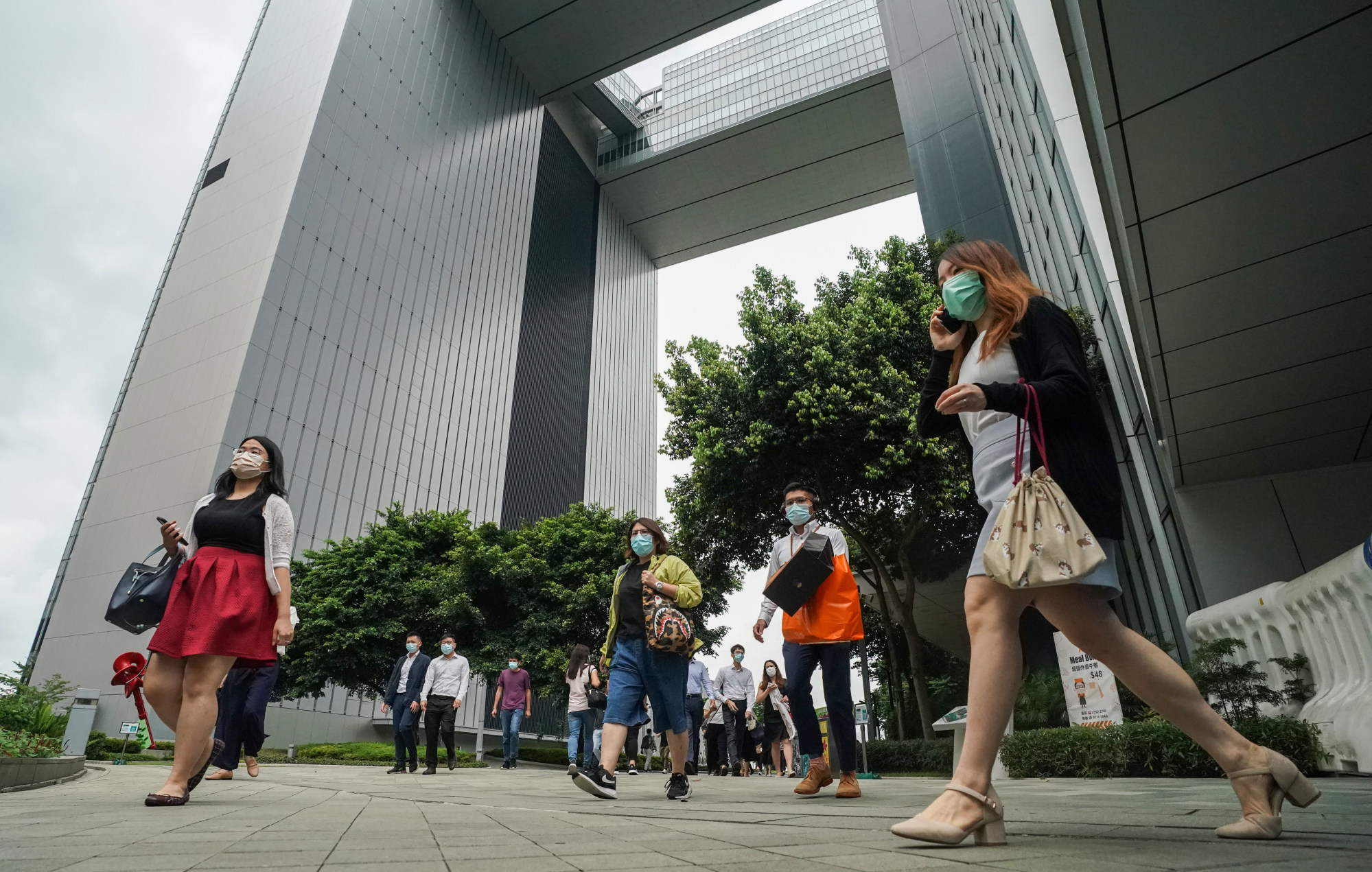
Hong Kong is much more diverse than all-male line-up at tourism campaign launch suggests
- Having only men onstage for the ‘Hello Hong Kong’ campaign launch was a regrettable oversight, especially given how little it reflects the current diversity in government and efforts to promote it in the private sector
- The city has come a long way, but mishaps are a reminder that we are still learning
Although the now notorious image has become a focal point for many commentators, it is completely unrepresentative of our government, where 12 of our 18 permanent secretaries are women. This is not simply a coincidence, nor is it based on any recruitment or human resources directive; it is simply merit-based and reflects the talent pool in Hong Kong.

It is also worth noting that among our listed issuers the number of female directorships has increased from 14.6 per cent in 2020 to 16.6 per cent in 2023. This is a further reflection of the growing awareness of the need for diversity and inclusion within the financial community, and acknowledgement of the commercial value that they bring. HKEX states that “diversity is not a ‘nice to have’, but a business-critical tool”.
I have absolutely no doubt that the feedback following the “Hello Hong Kong” launch ceremony will result in more careful consideration and a more sensitive approach in future to avoid similar public relations mishaps.
However, I also understand how easily a situation like this can occur. I found myself guilty of a similar oversight when I moderated a panel discussion with a group of CEOs in December at the Asia Insurance Forum. During the Q&A session, I received a comment criticising the lack of diversity on the panel which I can say was definitely not intentional, but the comment was correct.
As a result, I learned a valuable lesson which reinforced my understanding of the need for all of us to be more thoughtful and sensitive so that the images we convey reflect the efforts we are making in the areas of diversity and inclusion.
I was also glad to discover shortly afterwards that three of the four speakers in the afternoon panel discussion at the forum were women, which made some amends for our earlier lack of sensitivity in this shifting paradigm.
Bernard Chan is a Hong Kong businessman and a former Executive Council convenor

